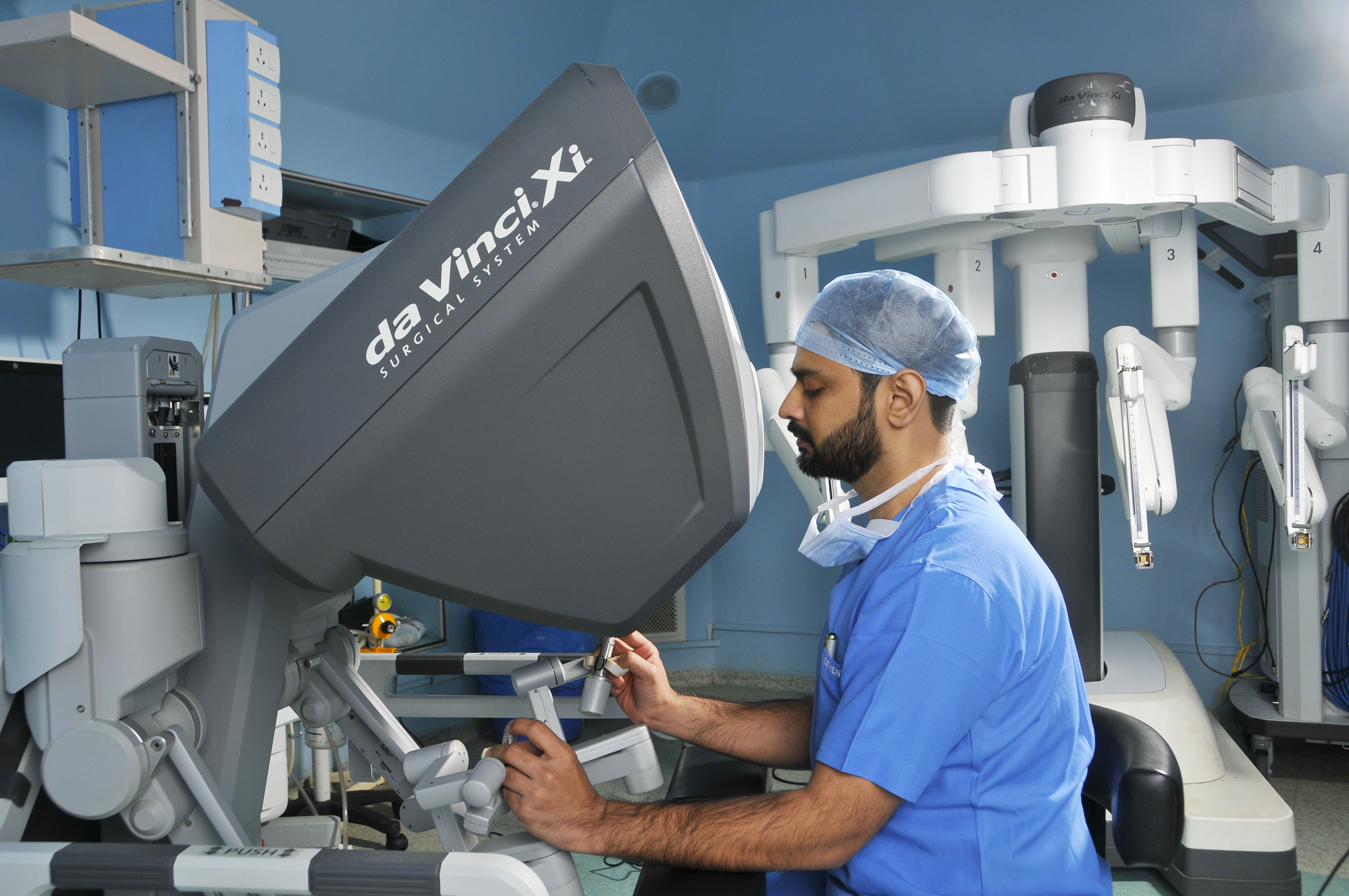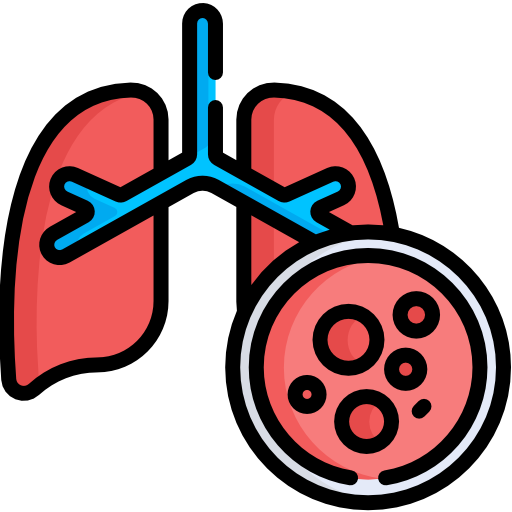Robotic Assisted Cancer Surgery
Robotic Surgery, or Robot - Assisted Surgery, allows doctors to perform many types of complex procedures with more precision, flexibility and control than is possible with conventional techniques.
Robotic or Robot - Assisted Surgery integrates advanced computer technology with the experience of the skilled surgeons. This technology provides the surgeon with a 10x magnified, high-definition, 3D-image of the body’s intricate anatomy.
Robotic surgery doesn’t mean that a robot is performing the operation. Instead, it refers to when surgeons direct the surgery using robotic tools.
Robotic surgery is usually laparoscopic. Your surgeon will determine whether robotic surgery is possible for your particular cancer. If so, your surgeon may recommend robotic surgery over open surgery.
The most widely used clinical robotic surgical system includes a camera arm and mechanical arms with surgical instruments attached to them.

Is Robotic Assisted Cancer Surgery right for you ?
Robotic surgery isn't an option for everyone. Talk with your doctor about the benefits and risks of robotic surgery and how it compares with other techniques, such as other types of minimally invasive surgery and conventional open surgery. Will I still require anesthesia ? , How long will my procedure take?
Risks of Robotic Assisted Cancer Surgery include :
Robotic surgery involves risk, some of which may be similar to those of conventional open surgery, such as a small risk of infection and other complications
The benefits of Robotic Assisted Cancer Surgery can include :

Gastrointestinal Cancers
Generally speaking, gastrointestinal cancers are more likely to develop in men, and the risk increases with age. Read More...

Thoracic Cancers
Thoracic Cancer affects the structures , organs, and glands in your chest (thoracic cavity). Common types of thoracic cancers Read More...

Rare Cancers
A Rare Cancer can be difficult to diagnose. To find out and understand what type of cancer you have, you may be referred to Read More...
